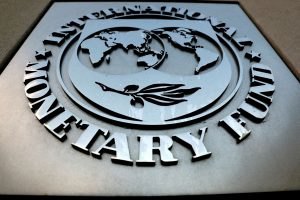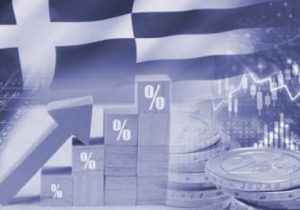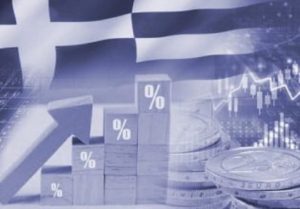Latest News
-
Greek Senior Public Servant Arrested in High Profile Antiquities Smuggling Case in Crete
-
Armenian Genocide – 110th Anniversary, as Turkey Continues to Refuse it Happened (photos)
-
Mob-Style Killing Outside Athens Medical Center Leaves One Dead
-
Deadliest Kashmir Attack in Decades: 26 Tourists Killed as Militants Strike Amid Rising Tensions
-
Istanbul Earthquake – Greek Prof. Concerned Major Quake Yet to Strike
-
Greece 4th Most Popular Summer Destination for Europeans
-
Easter Sales Performance and the Source of €4–5 Million in Losses
-
Explaining Greece: Athens’ Housing Crisis and History
-
Trump Meets His Match: The Markets
-
Trump Accuses Zelensky of Undermining Peace Talks as US Pressures Kyiv on Crimea
-
Leonidas Theodorakakis – The ‘Human Computer’
-
‘Returning the love’
-
ΤΟ ΒΗΜΑ International Edition – ‘The Ambassadors Video Series’ – Ep. 06 Polish Ambassador to Greece, Wojciech Ponikiewski
-
Food Trends 2025
-
Inside the 70th Athens Epidaurus Festival: A Spotlight on This Year’s Highlights
-
Hotel Foreclosures Continue to Plague Greece’s Islands
-
Istanbul Earthquake: Residents Spend Night in Tents and Parks
-
Clouds, Local Showers, and Storms in the Afternoon in Greece
-
In the Other Gaza, Trump’s War on Waste Baffles Mozambique
-
Rainfall and Drop in Temperatures Expected Across Greece in Coming Days
-
Athens Launches Task Force to Safeguard Historic City Center
-
WTTC: Travel & Tourism to Create 4.5M New Jobs in EU by 2035



















